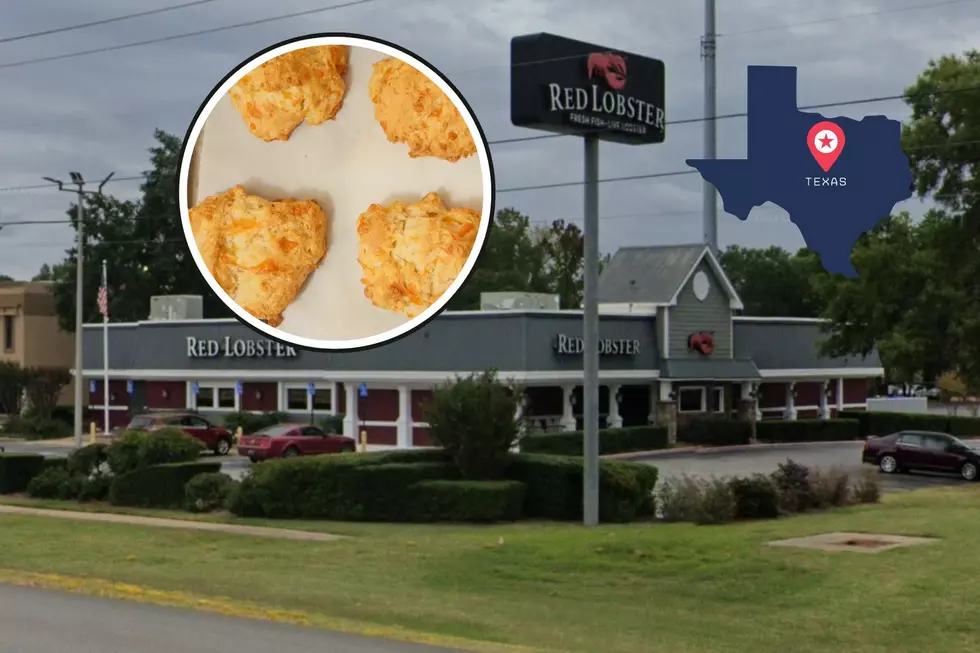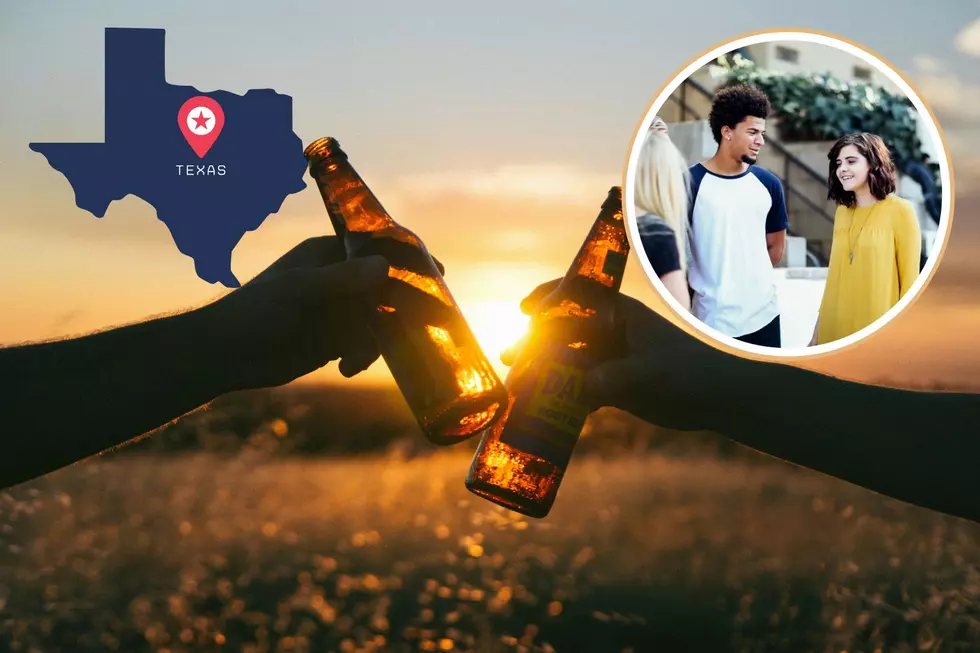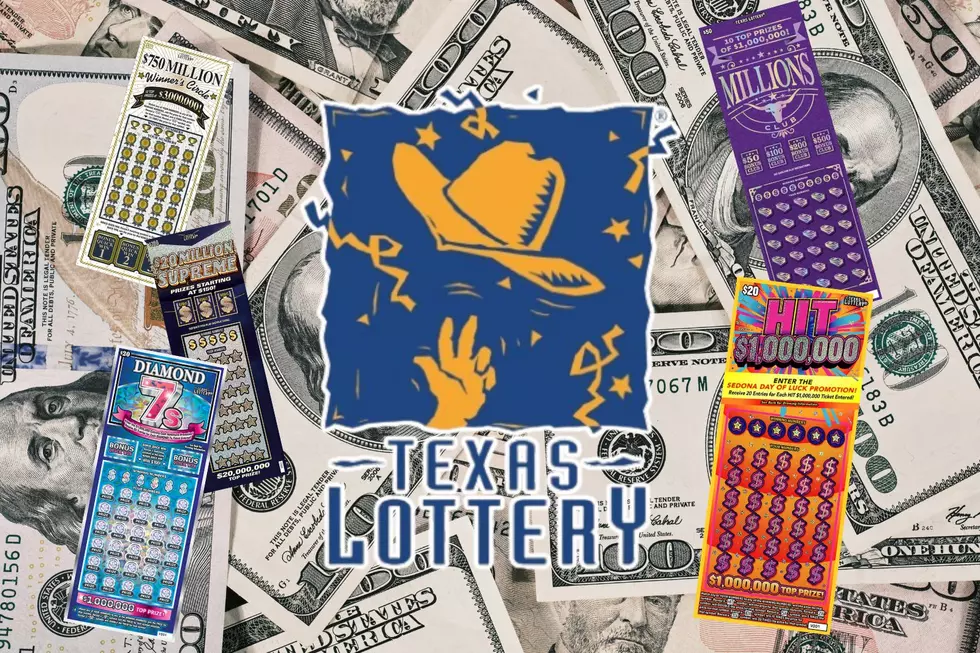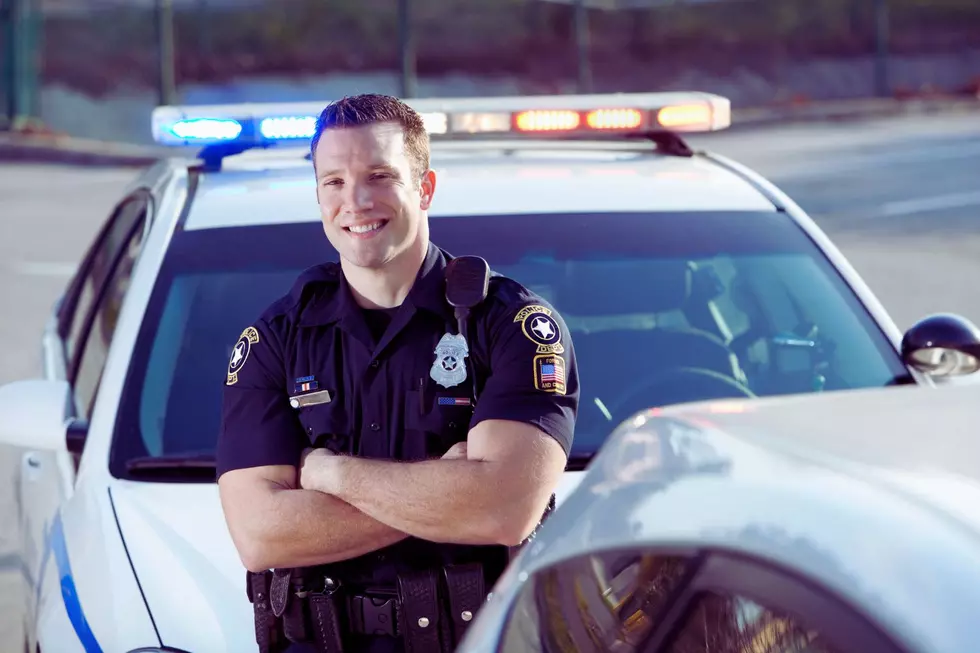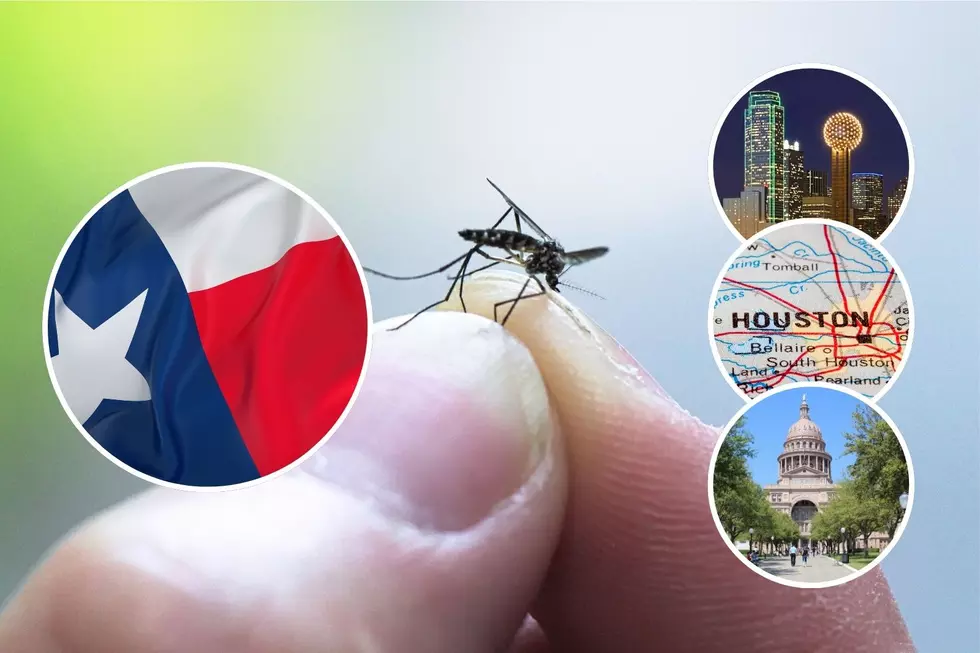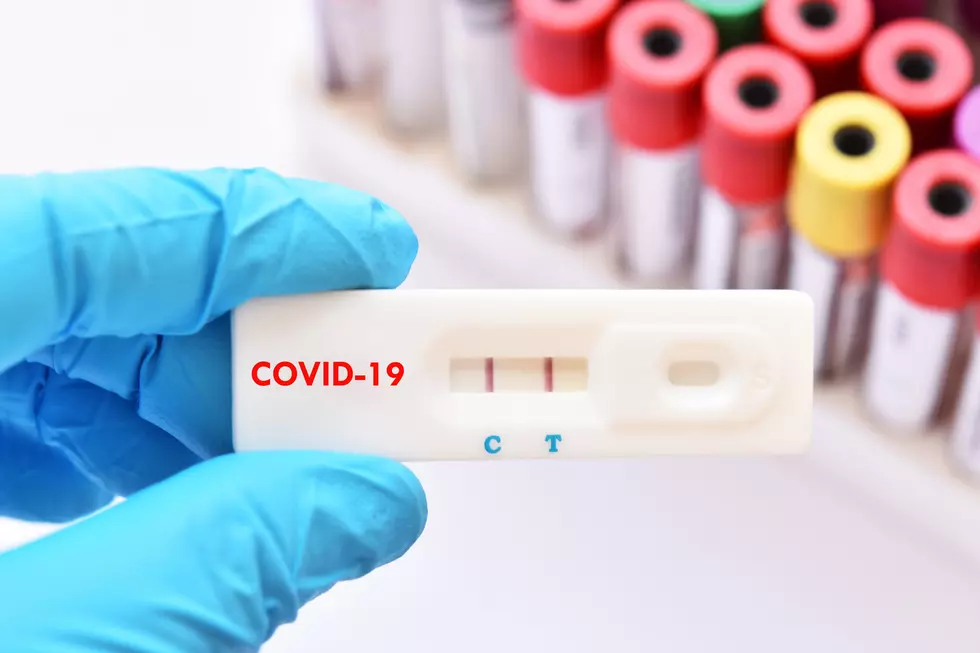
FDA: If You See These 2 COVID Tests In East Texas, Don’t Use Them
Across the country including here in East Texas, people are scrambling to either get tested for COVID or get their hands on "at-home" or "rapid" tests. The FDA has issued a warning about 2 of these tests that could give you wrong results. If you spot them, don't use them.
These tests have NOT been authorized, cleared, or approved by the FDA for distribution or use in the United States.
The tests in question are the LuSys Laboratories COVID-19 Antigen Test (Nasal/Saliva) and the LuSys Laboratories COVID-19 IgG/IgM Antibody Test. These tests may also be sold under the company names Luscient Diagnostics or Vivera Pharmaceuticals, or with the trade name EagleDx.
The FDA believes that these tests were distributed for use in laboratories or for at-home testing.
The LuSys Laboratories COVID-19 Antigen Test (Nasal/Saliva) uses a nasal swab or a saliva (spit) sample intended to detect proteins, called antigens, from the SARS-CoV-2 virus. The LuSys Laboratories COVID-19 IgG/IgM Antibody Test uses serum, plasma, or blood samples.
Theses Tests Could Produce False Results
The performance of these tests has not been adequately established and the FDA believes there is likely a high risk of false results when using these tests. False-negative test results mean that the test says the person does not have COVID-19 but the person is actually infected while False-positive test results mean that the test says the person has COVID-19 but they are actually not infected.
CLICK HERE TO SEE A LIST OF FDA APPROVED AT-HOME TESTS.
Answers to 25 common COVID-19 vaccine questions
Longview, TX Cold Weather Tips
More From KKTX FM
